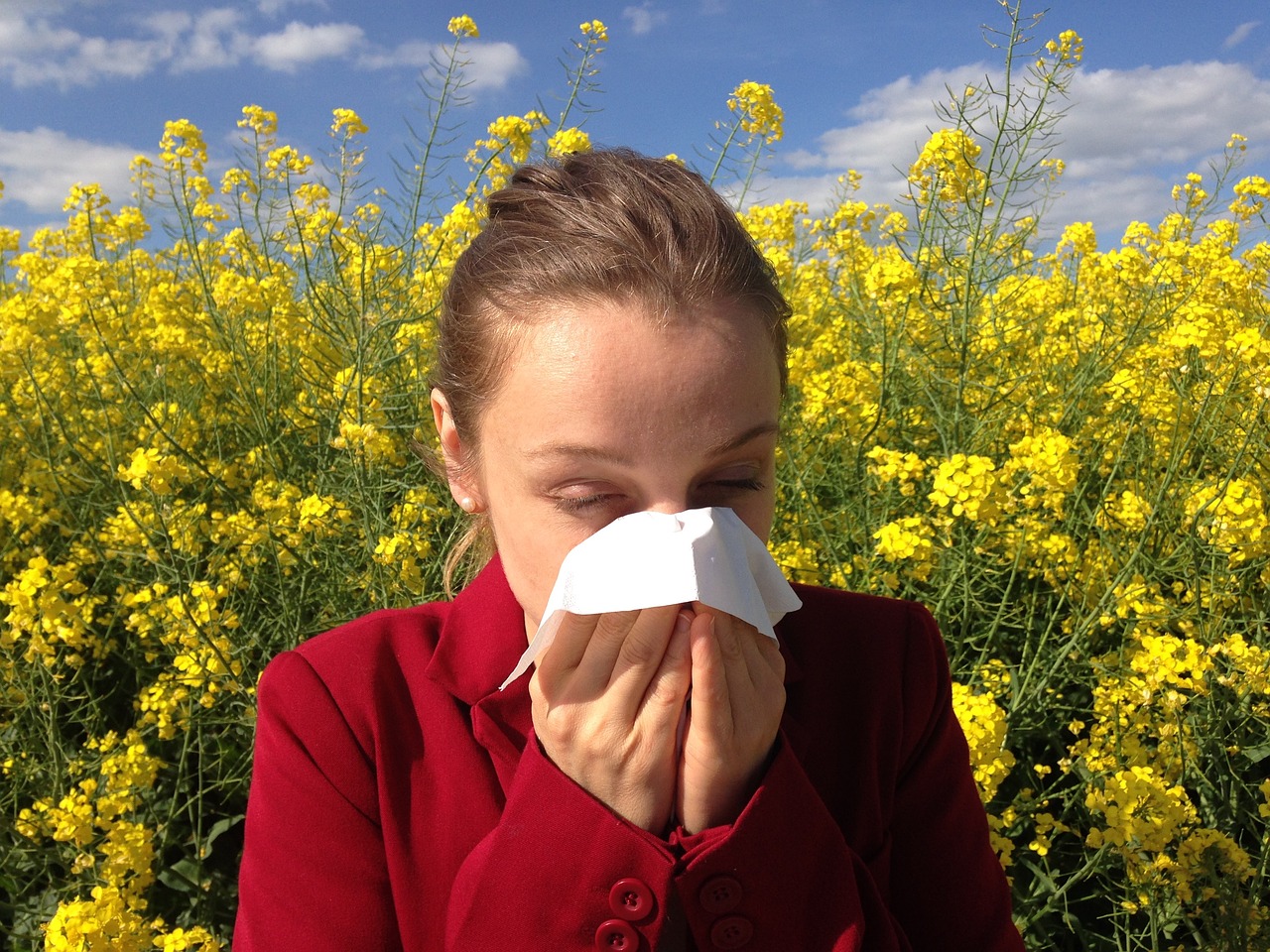Many of us have been there before: you try doing something simple like bending over to tie your shoes, or even brushing your hair, and suddenly you feel a crippling sensation of pain in your back. Back pain can be one of the worst kinds of pains that you can experience because you rely so much on your back for pretty much every single movement.
Back pain can also be frustrating because it can be hard to know its source, as well as how to treat it. For instance, if you’re experiencing lower back pain, the source of the pain can be hard to pinpoint. You could be experiencing lower back pain because of
- Disc damage,
- A warped lumbar curve,
- Irritated joints and muscles,
- Among other things.
In order to get help with your back issues, you will first need to determine which of these problems may be afflicting you. From there, you can make changes to your lifestyle that can help prevent further damage and pain. A chiropractor can help you determine the source of your pain, make necessary adjustments to relieve pain, and also help you come up with a plan to help you feel better for the long-term.
Different Tips You Can Apply For Treating Your Back Pain Are As follows:-
A Simple Treatment Option: Compression Socks:
Your doctor or chiropractor might recommend the use of compression socks to help relieve your back pain. You might be wondering how socks can help you with your back. Well, here’s how.
Compression socks work by applying pressure to your legs to improve blood flow in your body. The pressure in your legs pushes your blood upwards back into your heart and into circulation. There are different levels of pressure that you can get from the type of compression socks you choose, as well as different lengths.
Improved blood flow in your body is essential for relieving back pain and for reducing swelling. Many people who have lower back pain also tend to feel pain in their legs, and compression socks are great to alleviate swelling and pain. Consequently, once your leg pains are gone you are able to move more, which is important to recovering from lower back pain – it’s never good to keep your body still for too long.
The Big Picture: Lifestyle Changes:
While compression socks are an easy way to relieve pain and help you get moving again, you’ll have to do the rest yourself if you want to get better. Exercising is key to a healthy body and also to relieving any pain, you may be experiencing.
Here are some tips to help you relieve back pain:
- Avoid twisting your body while you sleep – be sure to sleep on your back when you can, but if you are a side sleeper, then use a small pillow in between your knees to avoid putting pressure on your back. Never sleep on your stomach.
- Do daily exercises, though if you’re in a lot of pain you should start slow and take it easy. Yoga poses are a great way to help with your alignment issues. Exercises you can do include the piriformis stretch, bridge pose, plank pose, side-plank pose, and knees to chest stretch.
- Avoid slouching, and try to maintain a good posture.
Lifestyle changes can be difficult to make, but they will be essential on your path to a life without pain. No matter what you do, make sure that you are constantly moving, and never in the same position for too long. Remember: something as simple as a five-minute stretch can make all the difference.
Read Also:






















